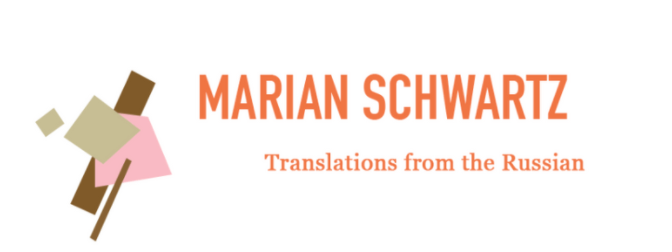The Red Wheel is Solzhenitsyn’s magnum opus about the Russian Revolution. Solzhenitsyn tells this story in the form of a meticulously researched historical novel, supplemented by newspaper headlines of the day, fragments of street action, cinematic screenplay, and historical overview. The first two nodes— August 1914 and November 1916—focus on Russia’s crises and recovery, on revolutionary terrorism and its suppression, on the missed opportunity of Pyotr Stolypin’s reforms, and how the surge of patriotism in August 1914 soured as Russia bled in World War I. March 1917—the third node—tells the story of the Russian Revolution itself, during which not only does the Imperial government melt in the face of the mob, but the leaders of the opposition prove utterly incapable of controlling the course of events.
Read MoreBased largely on formerly top-secret Soviet archival documents (including 66 reproduced documents and 70 illustrations), this book portrays the inner workings of the communist party and secret police during Germany's horrific 1941–44 siege of Leningrad, during which close to one million citizens perished. It shows how the city's inhabitants responded to the extraordinary demands placed upon them, encompassing both the activities of the political, security, and military elite as well as the actions and attitudes of ordinary Leningraders.
Read MoreLeaders of the Soviet Union, Stalin chief among them, well understood the power of art, and their response was to attempt to control and direct it in every way possible. This book examines Soviet cultural politics from the Revolution to Stalin's death in 1953. Drawing on a wealth of newly released documents from the archives of the former Soviet Union, the book provides remarkable insight on relations between Gorky, Pasternak, Babel, Meyerhold, Shostakovich, Eisenstein, and many other intellectuals, and the Soviet leadership. Stalin's role in directing these relations, and his literary judgments and personal biases, will astonish many.
Read MoreAlthough much has been written about the political history of the Russian revolution, the human story of what the revolution meant to ordinary people has rarely been told. This book gives voice to the experiences, thoughts, and feelings of the Russian people—workers, peasants, soldiers—as expressed in their own words during the vast political, social, and economic upheavals of 1917.
Read More



